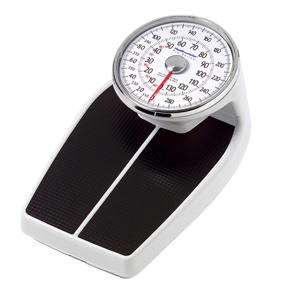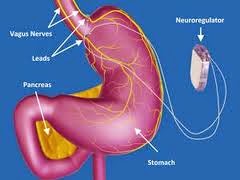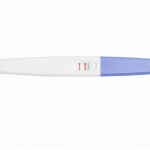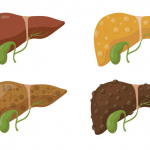Obesity has a profound impact on reproductive health from many perspectives. We now have a brand new Canadian Clinical Practice Guideline which provides us evidence based recommendations for fertility care for women with obesity.
The Guideline, published in the Journal of Obstetrics and Gynecology of Canada, provides 21 key recommendations that answer the following questions (highlights discussed here – please see the full article for details):
What is the impact of obesity on female fertility?
Women with obesity have a risk of infertility due to a lack of ovulation that is more than twice that of women without obesity. Even if ovulating, the physiologic ability to reproduce is still reduced.
What is the impact of obesity on MALE fertility?
While men with obesity have lower testosterone levels, it is unclear whether obesity has an impact on sperm quality and semen parameters. Men with obesity do have a higher risk of erectile dysfunction, which may be improved with weight loss.
What is the impact of female obesity on fertility treatments?
There is a lower oocyte (egg) yield with IVF. Implantation, pregnancy and live birth rates decline with increasing severity of obesity. Live birth rates decline by 0.3-0.4% for every 1 increase in BMI over 25 kg/m2.
What is the impact of obesity on mum’s health risk in pregnancy?
There is an increased risk of gestational diabetes, high blood pressure, prolonged labor, need for instrument assistance for delivery, shoulder dystocia, and C-section. These risk increase with higher BMI.
What is the impact of obesity on baby’s risk during pregnancy?
The risk of having a large baby or a baby with a congenital abnormality is increased.
What screening tests are appropriate for women with obesity seeking fertility care?
Screening should include testing for diabetes, cholesterol levels, high blood pressure, cardiovascular disease, breast cancer, and endometrial cancer. These screenings should be done before starting fertility treatment.
What are the most effective treatments to help infertile women with obesity lose weight?
Modest weight reductions (5-10%) improve metabolic risk. Help should be offered for lifestyle modifications. Medications to treat obesity, or bariatric surgery, should be considered for those who do not have success with lifestyle changes.
Women in their late reproductive years who have had bariatric surgery should be advised that the possible benefits of waiting for 1-2 years after surgery to conceive should be balanced against the decline in fertility related to advancing age.
Bariatric surgery lowers the risk for large babies, gestational diabetes and hypertension, but increases risk for small babies.
Is there data demonstrating a difference in fertility outcomes for women who lose weight before pregnancy, compared to women who proceed directly to fertility treatment?
Yes – weight loss improves spontaneous fertility rates.
Should there be a national BMI cutoff for access to fertility care?
In Canada and around the world, concerns about poor clinical outcomes and maternal/fetal risks have resulted in many fertility clinic medical directors imposing an upper BMI cutoff to their program, above which they will not offer fertility treatments. Stay tuned on this one – I am going to dedicate a whole blog post to discuss this very important and hotly debated topic.












